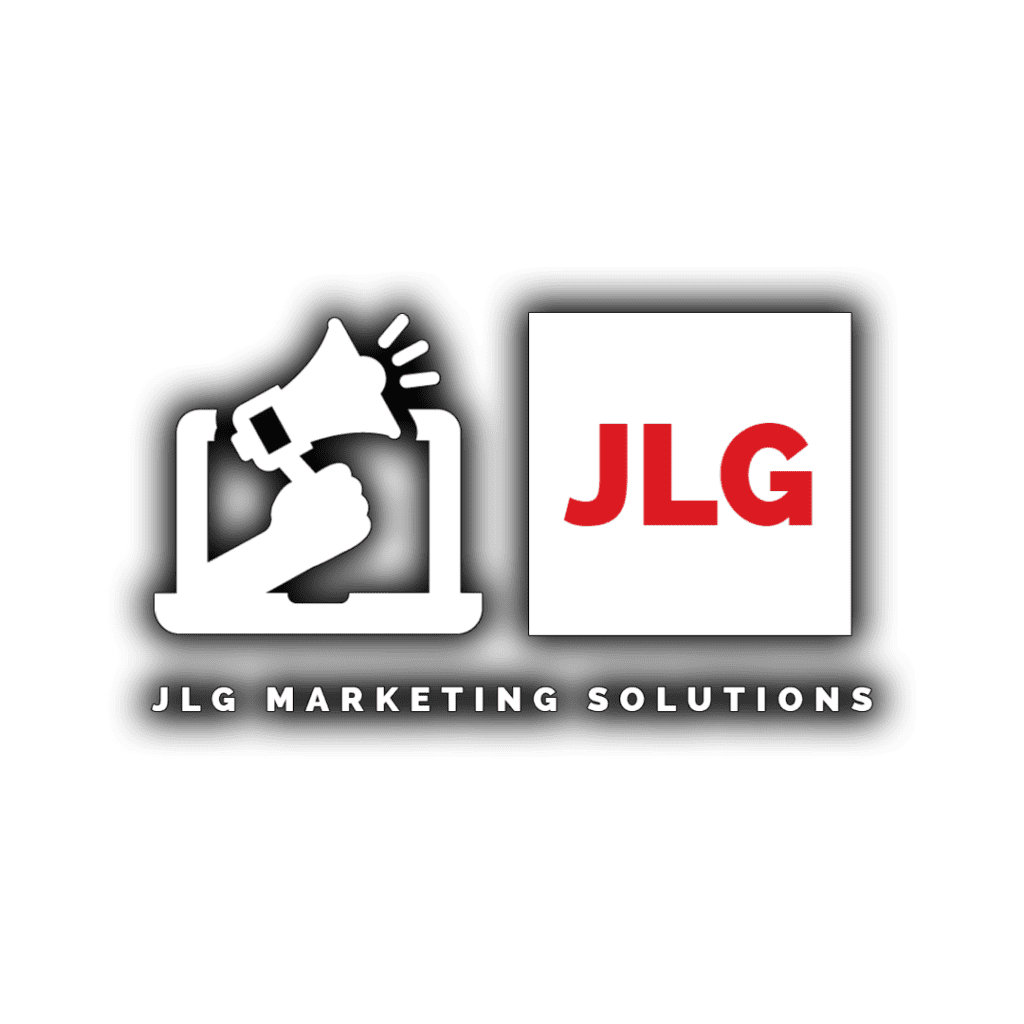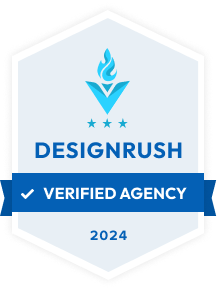Did you know that implementing effective web developer SEO best practices can significantly impact your website's visibility and online success? As a web developer, mastering the art of SEO is not just a skill but a crucial strategy for optimizing websites to rank higher on search engine results pages. In this comprehensive guide, we will delve into the essential techniques and strategies that every web developer should know to enhance their SEO performance and attract organic traffic. Let's explore the world of web developer SEO best practices and unlock the potential to achieve lasting success in the digital landscape.
On-Page Optimization Strategies for Web Developers
Title Tags and Meta Descriptions
Crafting compelling and keyword-rich title tags is essential for improving search engine visibility. Meta descriptions provide a brief summary of the page's content, enticing users to click through to your website.
Content Quality and Keyword Placement
Creating high-quality, relevant content that incorporates target keywords naturally is key to effective on-page SEO. Ensure your content is informative, engaging, and provides value to the reader. Utilize heading tags to structure content hierarchically.
Image Optimization Techniques
Optimizing images for search engines is often overlooked but can have a significant impact on SEO. Use descriptive filenames and alt text that includes relevant keywords. Compress images to improve site speed without compromising quality.
Internal Linking Structure
Develop a solid internal linking strategy to enhance navigation and distribute link authority throughout your website. Link related pages using descriptive anchor text to guide users and search engine crawlers to relevant content.
User-Friendly URLs
Create SEO-friendly URLs that are concise, descriptive, and include targeted keywords where appropriate. Avoid using generic parameters and optimize URLs for readability and search engine understanding.
Schema Markup Implementation
Implementing schema markup can help search engines better understand your content and display rich snippets in search results. Utilize schema.org vocabulary to mark up key information such as business details, reviews, events, and products.
Utilizing SEO Plugins
Take advantage of SEO plugins such as Yoast SEO or All in One SEO Pack to streamline on-page optimization tasks. These tools provide valuable insights, suggestions, and tools to optimize content effectively for search engines.
For more in-depth insights on on-page optimization and advanced strategies, you can refer to Google's Search Engine Optimization Starter Guide.
Technical SEO Best Practices for Web Developers
Site Speed Optimization
Improving site speed is crucial for user experience and SEO performance. Minimize CSS and JavaScript files, leverage browser caching, and optimize images to enhance loading times. Consider using tools like Google PageSpeed Insights to identify and address speed issues.
Mobile Responsiveness
Ensure your website is mobile-friendly and responsive across various devices and screen sizes. Implement responsive design principles, use viewport meta tags, and test your site on mobile emulators to guarantee a seamless user experience on smartphones and tablets.
URL Structure and Site Architecture
Organize your website's URL structure logically to make it easy for both users and search engines to navigate. Use descriptive URLs that reflect the content hierarchy and include relevant keywords. Maintain a flat site architecture to ensure all pages are easily accessible within a few clicks.
Canonicalization
Prevent duplicate content issues by implementing canonical tags on pages with similar or identical content. Canonicalization helps search engines understand the preferred version of a page and consolidate ranking signals, preventing content dilution across multiple URLs.
Schema Markup for Rich Snippets
Enhance your website's visibility in search results by implementing schema markup for structured data. Markup key information like business hours, reviews, events, and products to potentially display rich snippets in search engine results pages. Leverage Google's Structured Data Testing Tool to validate your schema implementation.
XML Sitemap Submission
Generate an XML sitemap that lists all pages on your website and submit it to search engines like Google through Google Search Console. This helps search engine crawlers discover and index your content more effectively, improving overall visibility and crawlability.
For a comprehensive guide on technical SEO best practices, refer to Moz's Beginner's Guide to Technical SEO.
Link Building Strategies for Web Developers
Importance of High-Quality Backlinks
Building a strong backlink profile is essential for improving your website's authority and search engine rankings. Focus on acquiring backlinks from reputable and relevant websites in your industry to enhance credibility and trustworthiness.
Guest Blogging and Outreach Strategies
Collaborate with industry influencers and thought leaders through guest blogging opportunities to earn quality backlinks. Develop engaging, informative content that provides value to the target audience of the host website. Utilize email outreach and networking to establish relationships for link-building purposes.
Monitoring and Managing Backlink Profiles
Regularly monitor your backlink profile using tools like Ahrefs or SEMrush to identify new backlinks and monitor changes. Disavow toxic or spammy backlinks that could harm your website's SEO performance. Stay proactive in managing your backlink profile to maintain a healthy and authoritative link profile.
Leveraging Social Media Platforms
Utilize social media platforms to promote your content and attract natural backlinks. Share valuable insights, blog posts, and resources across social channels to increase visibility and engagement. Encourage social sharing and engagement to expand your reach and attract potential backlinks.
Participating in Online Communities and Forums
Engage in relevant online communities, forums, and discussions to build relationships and earn backlinks organically. Provide valuable insights, answer questions, and establish yourself as an authority in your niche. Include links to your website where relevant and add value to the community.
For further insights and advanced strategies on link building, you can explore HubSpot's Ultimate Guide to Link Building.
Content Marketing Tips for Web Developers
Creating SEO-Friendly Content
Developing content that aligns with SEO best practices is vital for driving organic traffic to your website. Conduct keyword research to identify relevant topics and incorporate target keywords naturally throughout your content. Aim to provide valuable and actionable insights that resonate with your target audience.
Utilizing Long-Tail Keywords and Semantic Search
Expand your content strategy by targeting long-tail keywords and leveraging semantic search concepts. Long-tail keywords are more specific and less competitive, allowing you to capture niche audiences. Incorporate semantic search terms and related keywords to improve content relevance and context for search engines.
Incorporating Visual and Multimedia Content
Enhance the user experience and engagement on your website by incorporating visual and multimedia content. Utilize images, infographics, videos, and interactive elements to complement your written content. Optimize multimedia files for SEO by adding descriptive alt text, captions, and relevant metadata.
Engaging Users with Interactive Content
Create interactive content formats such as quizzes, polls, calculators, and interactive infographics to engage users and encourage longer dwell times. Interactive content not only attracts visitors but also generates social shares and backlinks, boosting your website's visibility and authority.
Implementing Content Distribution Strategies
Promote your content across various channels including social media, email newsletters, and industry publications to reach a wider audience. Tailor your distribution strategy to each platform's audience and engagement preferences. Encourage social sharing and collaboration to amplify your content's reach and impact.
For additional content marketing insights and strategies, explore Content Marketing Institute's resources on Content Strategy.
SEO Tools for Web Developers
Essential SEO Tools for Website Optimization
Utilize a combination of SEO tools to streamline your website optimization efforts. Tools such as Google Search Console, Google Analytics, and Bing Webmaster Tools provide valuable insights into your website's performance. Keyword research tools like SEMrush and Ahrefs help identify relevant keywords and track keyword rankings.
On-Page SEO Optimization Plugins
Consider implementing SEO plugins like Yoast SEO or Rank Math to enhance on-page optimization. These plugins offer features such as title tag optimization, meta descriptions, and content analysis to improve SEO compliance. Leverage the suggestions from these tools to create SEO-friendly content and optimize key on-page elements.
Technical SEO Auditing Platforms
Perform regular technical SEO audits using tools like Screaming Frog or Sitebulb to identify and fix site issues. These tools crawl your website for technical errors, broken links, and duplicate content. Addressing technical SEO issues promptly can improve website performance and search engine visibility.
Backlink Analysis and Monitoring Tools
Monitor your backlink profile using tools like Moz Link Explorer or Majestic to track new backlinks and analyze referring domains. These tools provide insights into link quality, anchor text distribution, and competitor backlink analysis. Use this data to refine your link building strategy and maintain a healthy backlink profile.
SEO Reporting and Analysis Dashboards
Utilize comprehensive SEO reporting tools like SEMrush or Moz Pro for in-depth analysis and performance tracking. These platforms offer keyword ranking reports, site audit tools, and competitor analysis features. Interpret the data to optimize your SEO strategy and identify areas for improvement.
For more SEO tool recommendations and insights, explore Search Engine Journal's guide on the Best SEO Tools.
Conclusion
Implementing Effective Web Developer SEO Best Practices
In conclusion, incorporating web developer SEO best practices is essential for optimizing websites for search engine visibility and user experience. By focusing on on-page optimization, technical SEO, link building, content marketing, and leveraging SEO tools, web developers can enhance their website's performance and attract organic traffic.
Continuous Learning and Adaptation
SEO is an ever-evolving field, and staying updated with the latest trends and search engine algorithm changes is crucial. Web developers should continuously educate themselves on new SEO strategies, experiment with different techniques, and adapt their approach based on data and results to achieve sustainable SEO success.
Success in SEO is a Journey
Improving SEO performance requires dedication, persistence, and a strategic approach. By following the recommended best practices outlined in this guide and staying committed to delivering valuable and optimized content, web developers can position their websites for long-term success in search engine rankings.
Keep Optimizing and Growing
Remember, SEO is a journey, not a destination. Regular monitoring, auditing, and optimization are key to maintaining and improving your website's SEO performance over time. By embracing a holistic approach to SEO and prioritizing user-centric strategies, web developers can create websites that not only rank well in search engines but also provide a great user experience.
For ongoing SEO insights and updates, check out Google's Webmaster Central Blog for the latest industry news and best practices.
How important is SEO for web developers?
SEO plays a crucial role in the success of websites developed by web developers. By implementing effective SEO strategies, web developers can improve their websites' visibility, attract organic traffic, and enhance user experience, ultimately leading to better online performance.
What are the key on-page optimization techniques for web developers?
Key on-page optimization techniques for web developers include optimizing title tags, meta descriptions, and headers, creating high-quality and keyword-rich content, optimizing images, implementing internal linking structures, and utilizing schema markup to enhance search engine visibility.
How can web developers improve site speed for better SEO performance?
Web developers can improve site speed by minimizing CSS and JavaScript files, optimizing images, leveraging browser caching, implementing responsive design principles for mobile responsiveness, and utilizing tools like Google PageSpeed Insights to identify and address speed issues.
Why is link building important for SEO, and how can web developers build high-quality backlinks?
Link building is important for SEO as it helps websites build authority and credibility in the eyes of search engines. Web developers can build high-quality backlinks through strategies like guest blogging, outreach efforts, social media promotion, and participating in online communities and forums.
What role does content marketing play in SEO for web developers?
Content marketing is a fundamental aspect of SEO for web developers as it involves creating valuable and engaging content that resonates with the target audience. By incorporating long-tail keywords, semantic search concepts, interactive content, and effective content distribution strategies, web developers can enhance their SEO performance and attract organic traffic.





